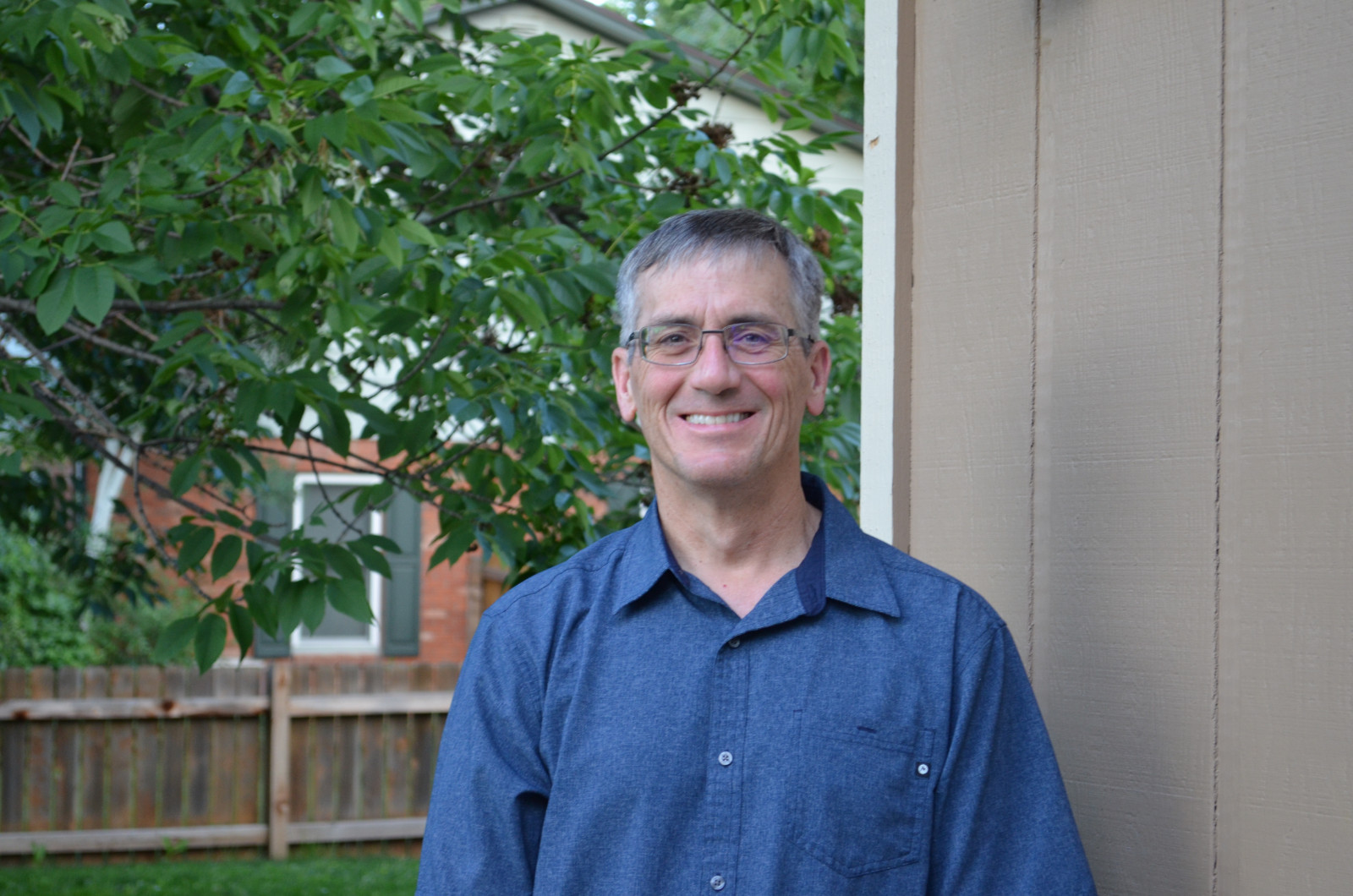Cars, Steaks, and Hurricanes: A General Bayesian Approach to Inverse Problems
When and Where
Speakers
Description
The inverse problem of determining information about the state of a physical system from observations of its behavior is fundamental to scientific inference and engineering design. Frequently, this can be formulated as computing a probability measure on physical characteristics of a system from observed data on the output of a model of system behavior. In abstract terms, this is the empirical stochastic inverse problem for a random vector on a probability space with an unknown probability measure. Over the last fifteen years, collaborators and I have developed a general Bayesian approach to the formulation and solution of this problem. Our approach has a solid theoretical foundation that avoids alterations of the model like regularization as well as unrealistic and limiting assumptions about prior knowledge of system characteristics, allows for numerical solution by a novel importance sampling approach, and provides a platform to address critical issues arising in the practical application to scientific and engineering problems. I will lay out the theoretical and computational foundation of our approach with the details motivated by practical applications including optimizing car mileage, cooking steaks, hurricane storm surge forecasting, and forecasting COVID surges. I will go on to discuss expansions of the basic theory and connections to some traditional statistical problems and methods.
About Donald Estep
 Donald Estep is the Director of the Canadian Statistical Sciences Institute and Canada Research Chair in Computational Probability and Uncertainty Quantification (Tier 1) in the Department of Statistics and Actuarial Science at Simon Fraser University. Previously, he was a faculty member in the Department of Statistics at Colorado State University, where he was a University Distinguished Professor and University Interdisciplinary Research Scholar. His research interests include uncertainty quantification for complex physics models, stochastic inverse problems, adaptive computation, and modeling of multiscale systems. His application interests include ecology, materials science, detection of black holes, modeling of fusion reaction, analysis of nuclear fuels, hurricane wave forecasting, flow in porous media, and electromagnetic scattering. His research has been supported by multiple government agencies, national laboratories and industry.
Donald Estep is the Director of the Canadian Statistical Sciences Institute and Canada Research Chair in Computational Probability and Uncertainty Quantification (Tier 1) in the Department of Statistics and Actuarial Science at Simon Fraser University. Previously, he was a faculty member in the Department of Statistics at Colorado State University, where he was a University Distinguished Professor and University Interdisciplinary Research Scholar. His research interests include uncertainty quantification for complex physics models, stochastic inverse problems, adaptive computation, and modeling of multiscale systems. His application interests include ecology, materials science, detection of black holes, modeling of fusion reaction, analysis of nuclear fuels, hurricane wave forecasting, flow in porous media, and electromagnetic scattering. His research has been supported by multiple government agencies, national laboratories and industry.
Don served as the (founding) Chair of the SIAM Activity Group on Uncertainty Quantification, (founding) Co-Editor in Chief of the SIAM/ASA Journal on Uncertainty Quantification, and as SIAM representative to the Governing Board of SAMSI. His awards include Fellow of the Society for Industrial and Applied Mathematics and the Chalmers Jubilee Professorship of Chalmers University of Technology. He has served on several scientific advisory panels for the U.S. National Science Foundation and Department of Energy and on the Sandia National Laboratories CISE External Review Board. He is currently co-Editor in Chief of the ASA journal Data Science in Science and Editor in Chief of the SIAM Book Series on Computational Science and Engineering.


